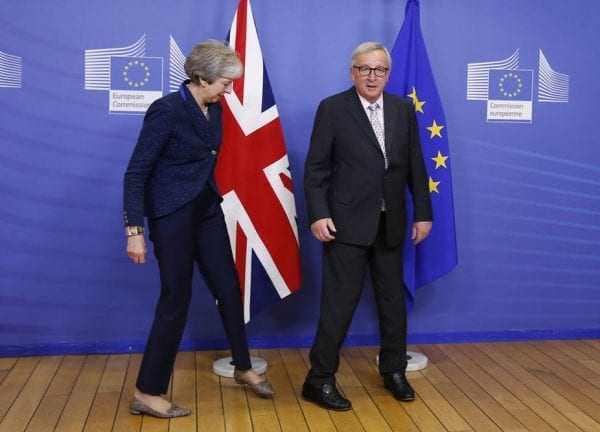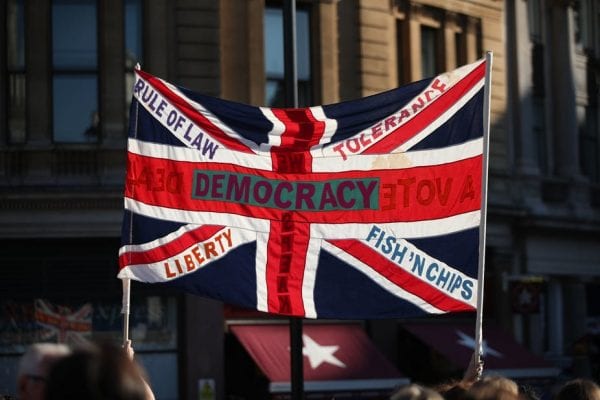The British prime minister Theresa May called a snap general election in the expectation that it will deliver her a substantially increased parliamentary majority. This in turn would give her the “strong and stable government” she hopes for as she enters the crucial Brexit negotiations.
So far, opinion polls suggest that the Conservatives have a large lead over Labour. But in order to attain the desired majority, they need to win a substantial number of seats from Labour. There were, however, fewer marginal seats following the 2015 general election than after any previous election since World War II – just 42, for example, where Labour won by a majority of less than ten percentage points over the Conservatives.
If the Conservatives were to win all of them, they would have 374 MPs in the new parliament compared to Labour’s 195 and a majority over all parties of 98.
So how winnable are those 42 seats? The likelihood of many Labour voters from 2015 switching to the Conservatives in 2017 is small, so the Conservatives will have to gain most of the extra votes from other sources. One likely source is those who last time voted for UKIP. Continue reading →





